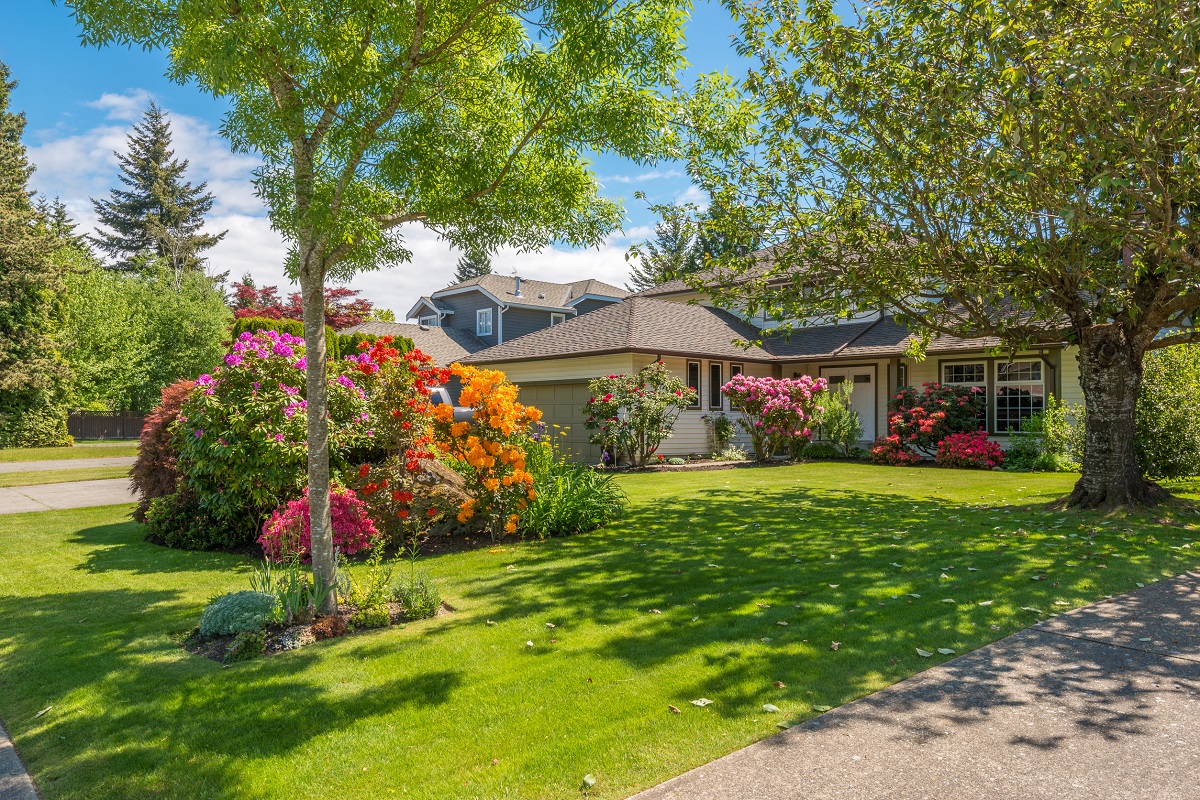The landscaping service industry is one of the biggest industries in the home services sector. It is currently valued at $105 billion this year and is expected to grow by 2.5% in the next few years. The low overhead cost and the industry’s growth make it a prime opportunity for any entrepreneur out there. But starting a business in an industry you don’t know about can be a recipe for disaster if you don’t know what you are doing. Here is how you can start a landscaping business with little to no experience.
Licensing Costs
The very first thing you’ll have to spend on is the licensing cost of starting a business. This can cost between $50 to $200, depending on your state. This will be part of your expenses for many years to come, as renewal fees must be paid if you want to keep your business operating. Licensing your business will mean that you have the business laws enacted in your state. The advantage of this is that it gives your business access to government services if you need it, such as filing for bankruptcy. This ensures that you won’t lose everything you own if your business fails.
Overhead Costs
The overhead cost of starting a landscaping business is relatively high if it’s your first time creating a business. However, compared to starting other businesses out there, the overhead cost of a landscaping business is considered one of the cheapest. You can start a landscaping business for as little as $500 if you’re willing to put your assets on the line, such as your vehicle and home equipment.
However, this is greatly discouraged. The best overhead cost is between $10,000 to $25,000. These costs will go into buying new equipment and a vehicle for your company. Don’t worry about your investment too much because the costs will be a part of your services fee.
Choosing a Sector
Once you have your budget, it’s time to choose a sector. There are two major sectors in the landscaping industry. The first is the residential sector, and the second is the commercial sector. Each sector has its benefits. The residential industry gives you access to smaller but multiple projects. This gives you the flexibility you need if you want to micro-manage your business.
The commercial sector gives you access to fewer projects but for bigger in size. Landscaping for commercial businesses can also be a contractual agreement, in where you work for them for a given amount of time in exchange for a steady amount of income. This can be beneficial for your company, but landing a contract requires connections and expertise—both of which you need to develop for the first few years.

Equipment
The equipment you’ll have to purchase for your landscaping company is based entirely on which sector you’ll be working on. You can get away with used and lightweight equipment if you’re planning to work in the residential sector, as you will only be tackling small lawns and gardens. However, you’re going to need heavy-duty equipment if you want to work in the commercial sector. As stated earlier, you’re going to have bigger projects, and if you want to be efficient with your work, it’s better to purchase newer and bigger equipment that you can use.
Labor Costs
When it comes to labor, you can work on your company all by yourself. Many landscaping businesses started this way. This equals low labor costs because you technically only have to pay yourself. If you forego this and concentrate all your money on your business, then you have more opportunities to grow. However, once your business has grown and you have access to more projects, this is when you’ll have to consider hiring new employees.
You got two ways to do this: freelance or contractual. Freelance gives you more freedom to pick your employees. It should also theoretically cost you less, but this isn’t the case all the time. It might be costly to have freelance employees because they can dictate their costs. For contractual employees, you can dictate the cost and how long they work for your company. This depends on what you think is right for your company and what you can manage.
Office or Home-based?
During the first few years of your startup, you’re not going to need an office, especially if you’re the only one working for your company. However, once you invest more equipment and employees into your business, you’re going to need an office. Rent will be a big part of your expenses so consider choosing an optimized space for your company.
Once you’ve taken all these things into account, you can start your landscaping business. These are essential factors that will affect how you handle business opportunities in the future. It will also affect your company’s growth. Once you’ve considered all of these things, it should be smooth sailing from then on. Good luck, and we hope the best for your company!


